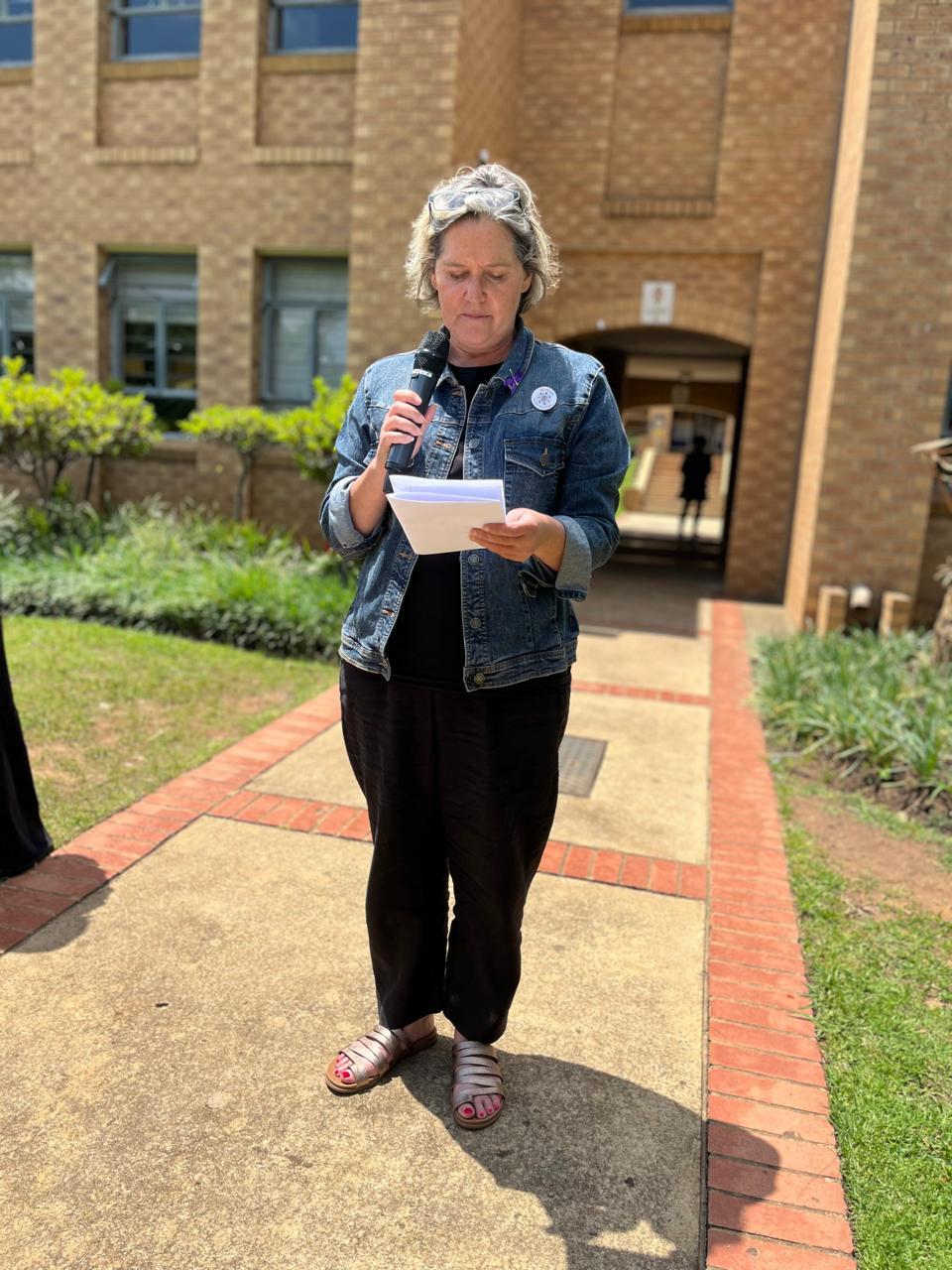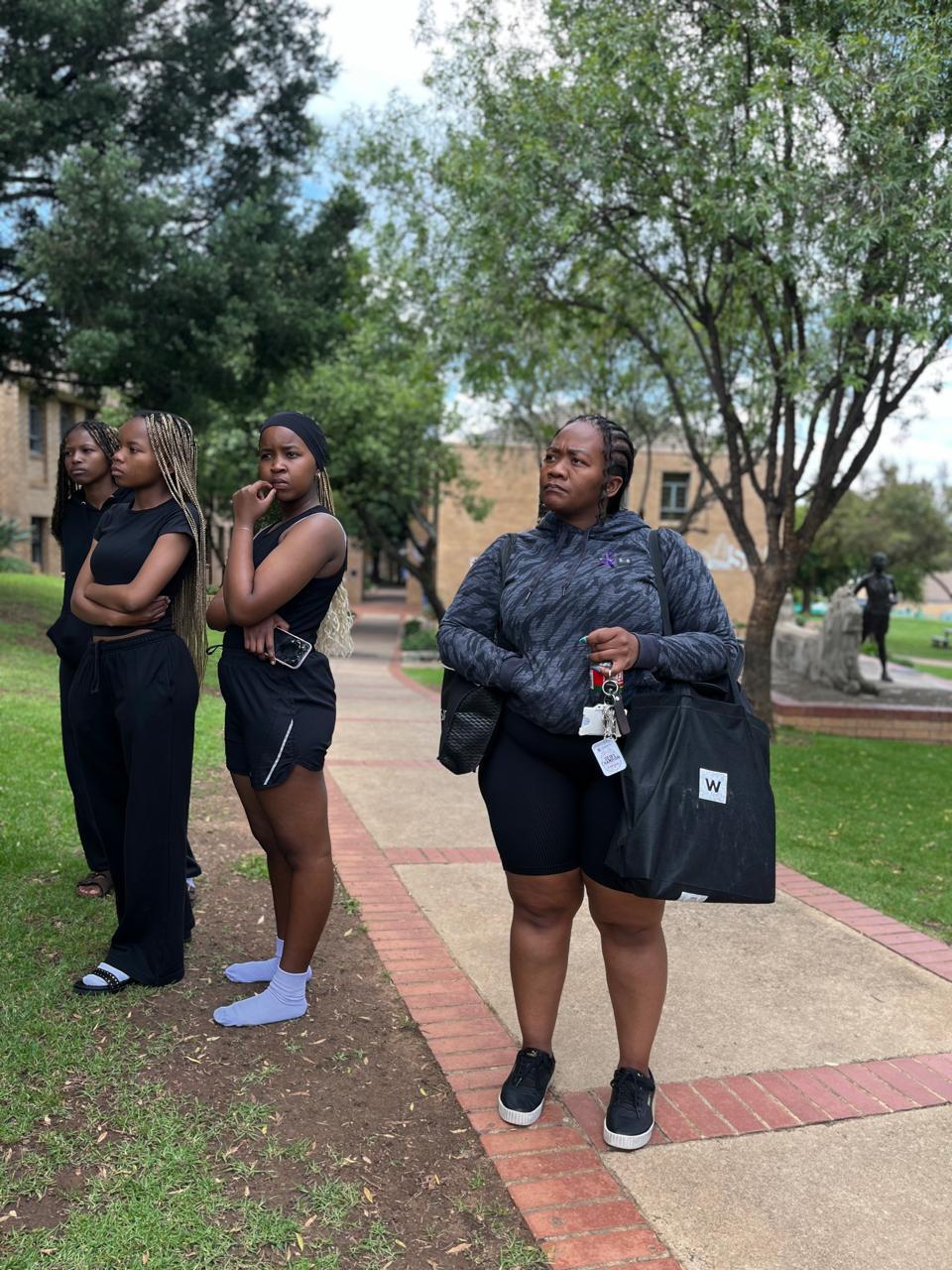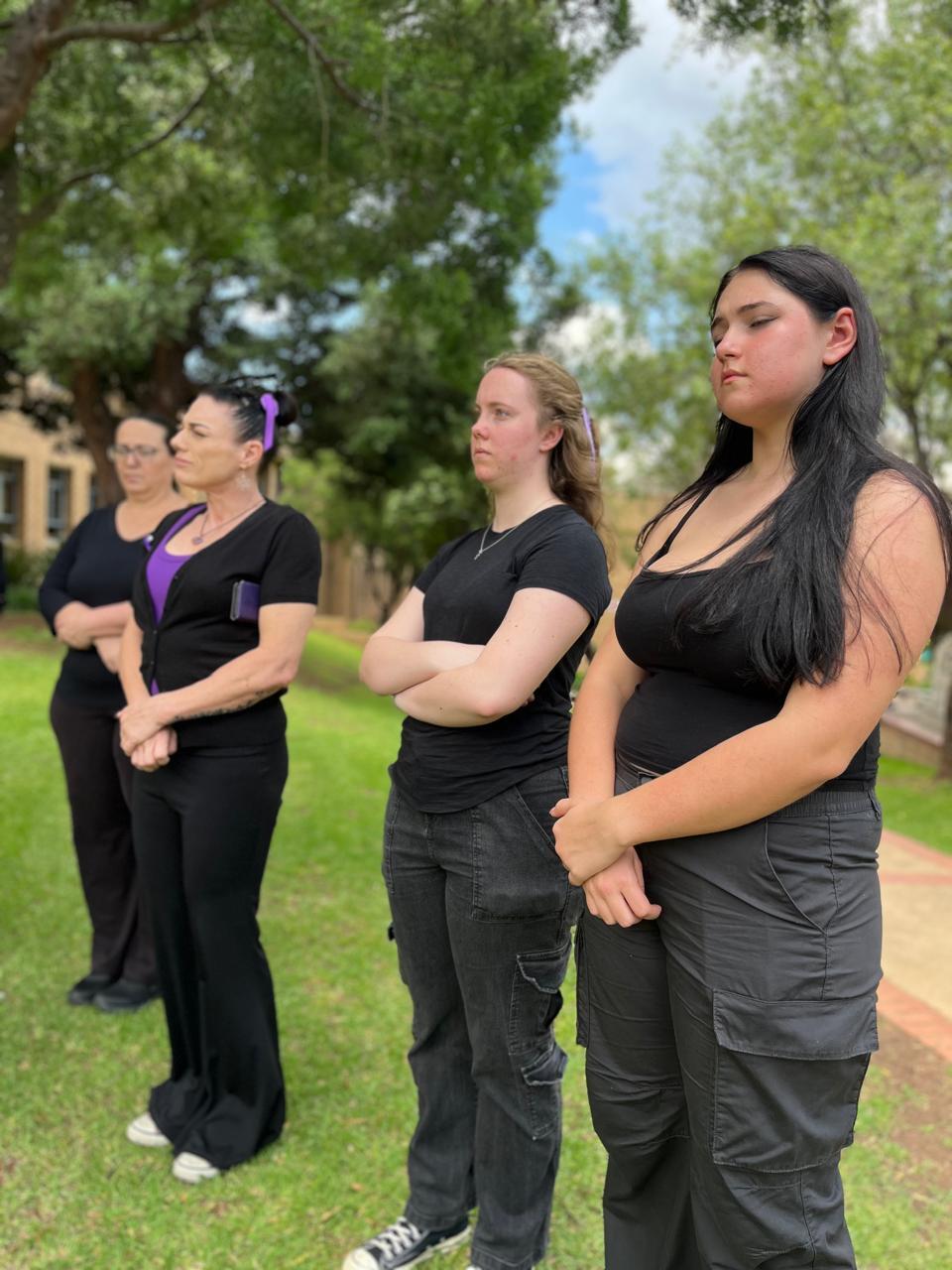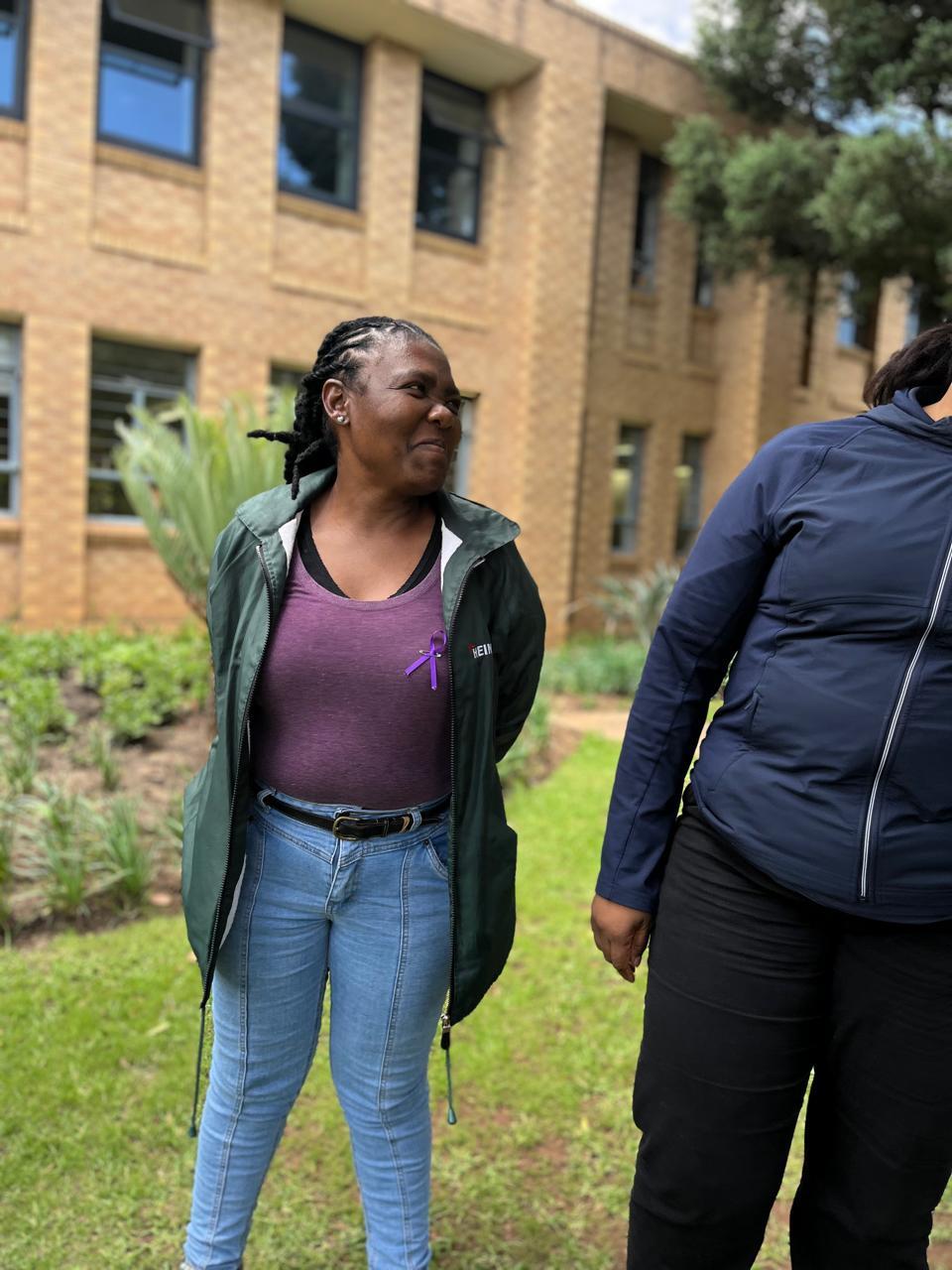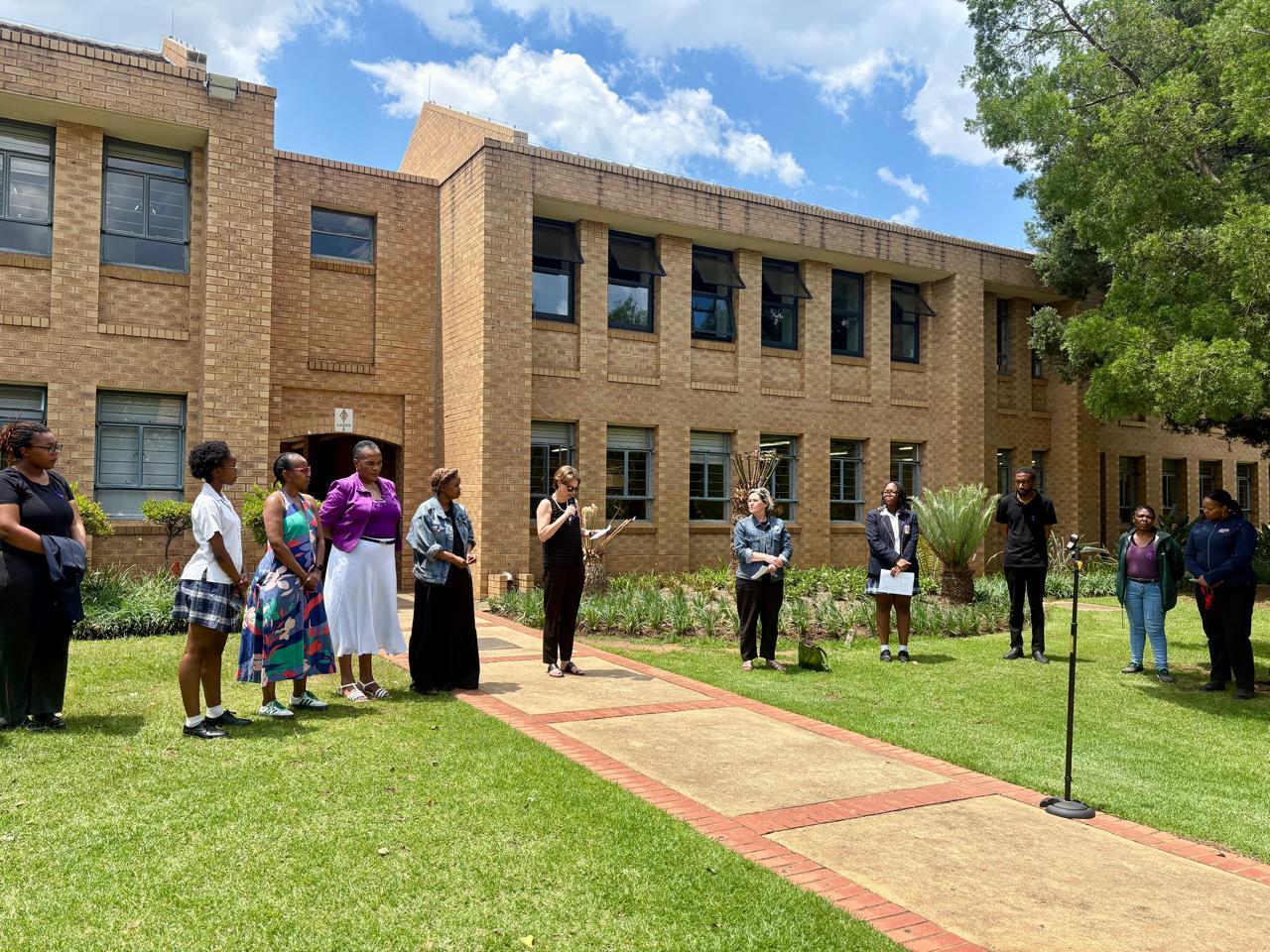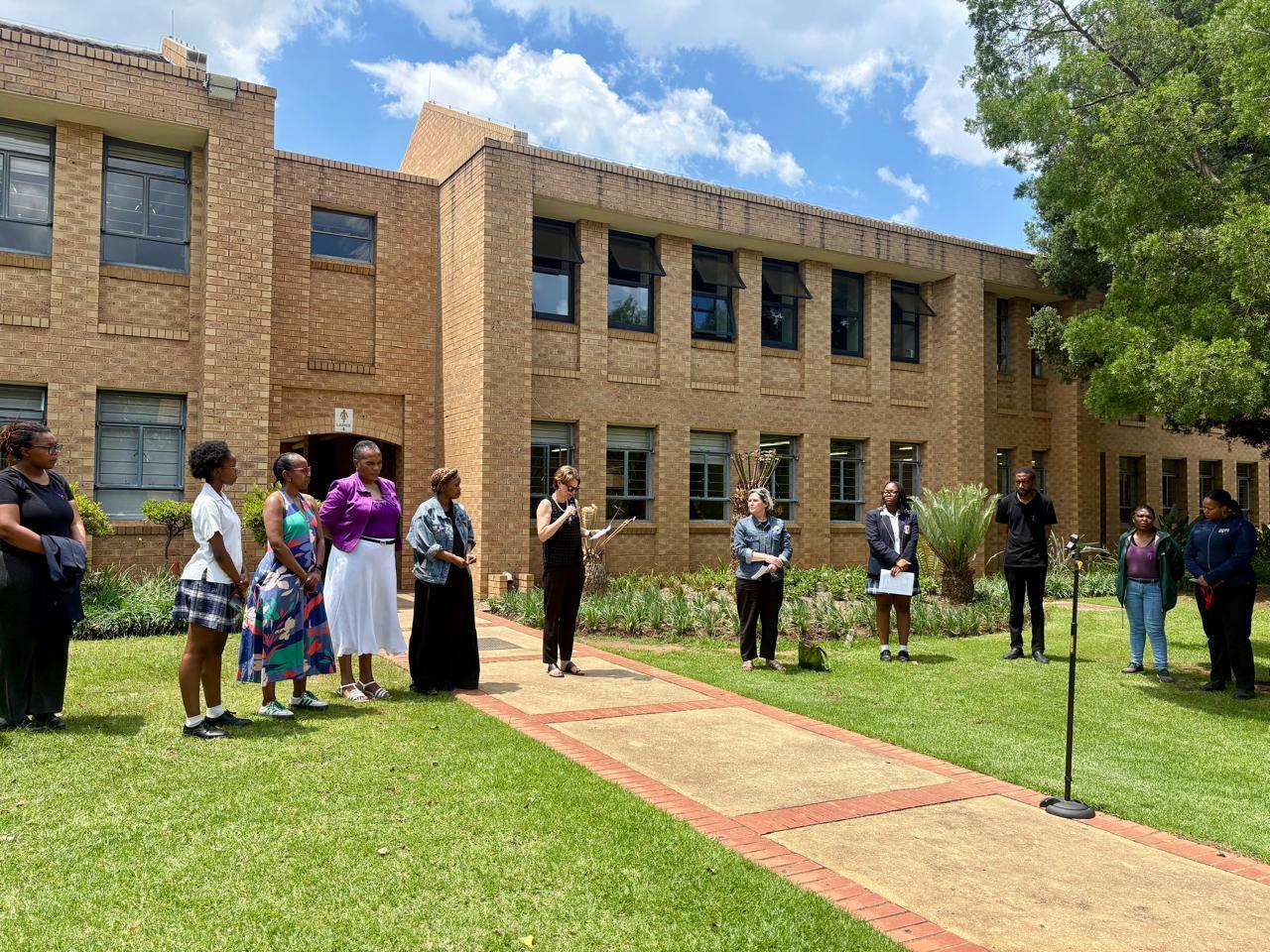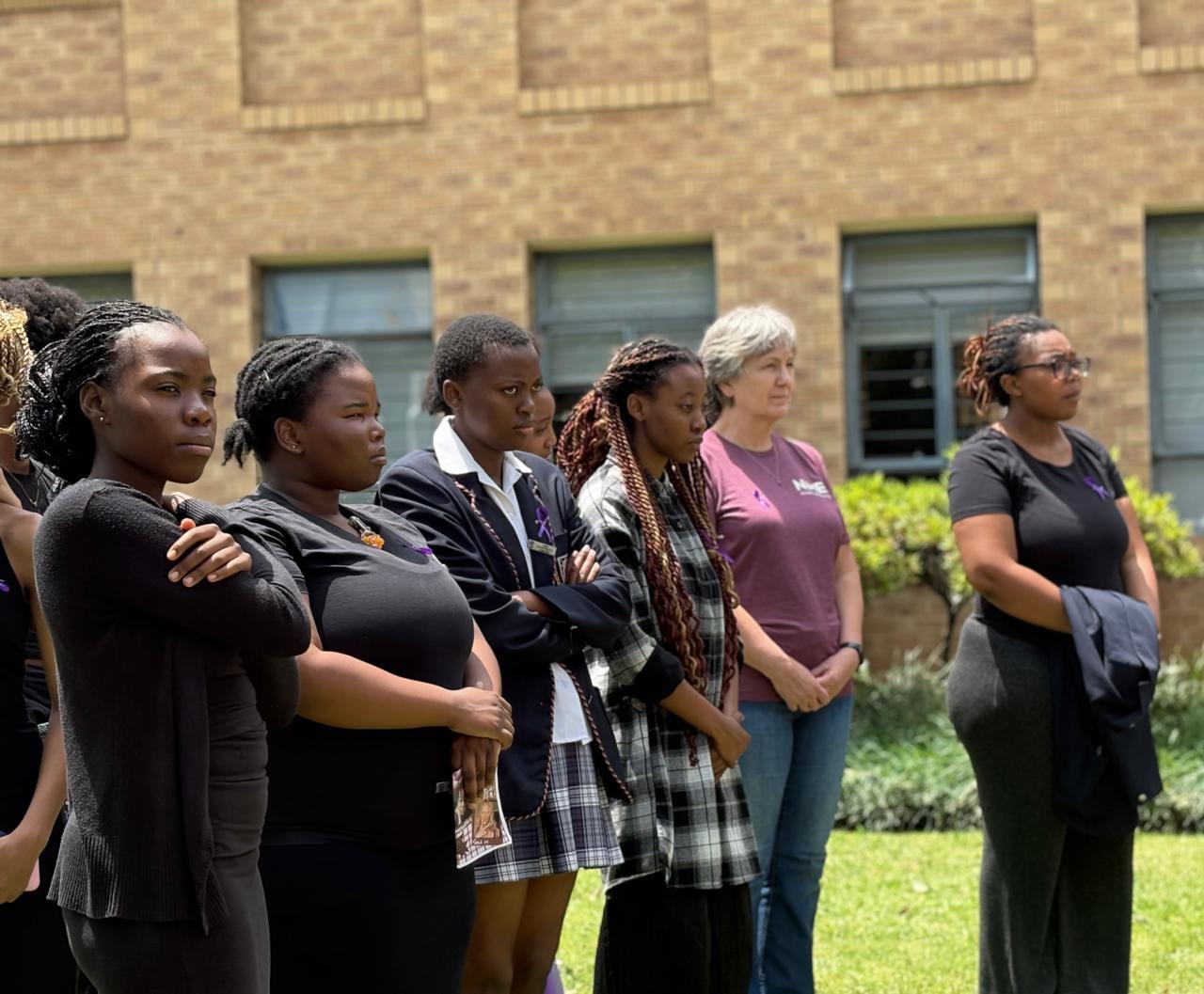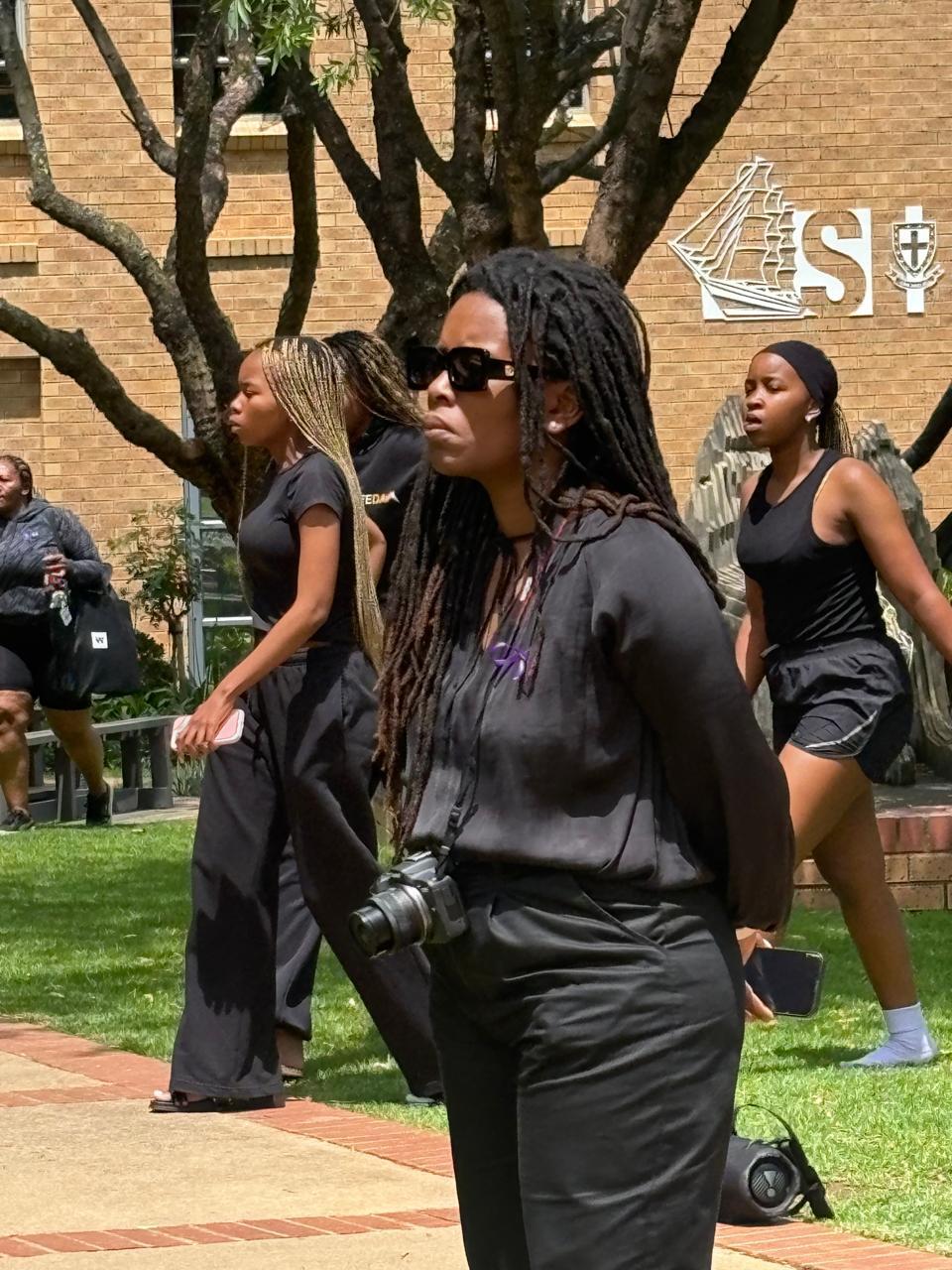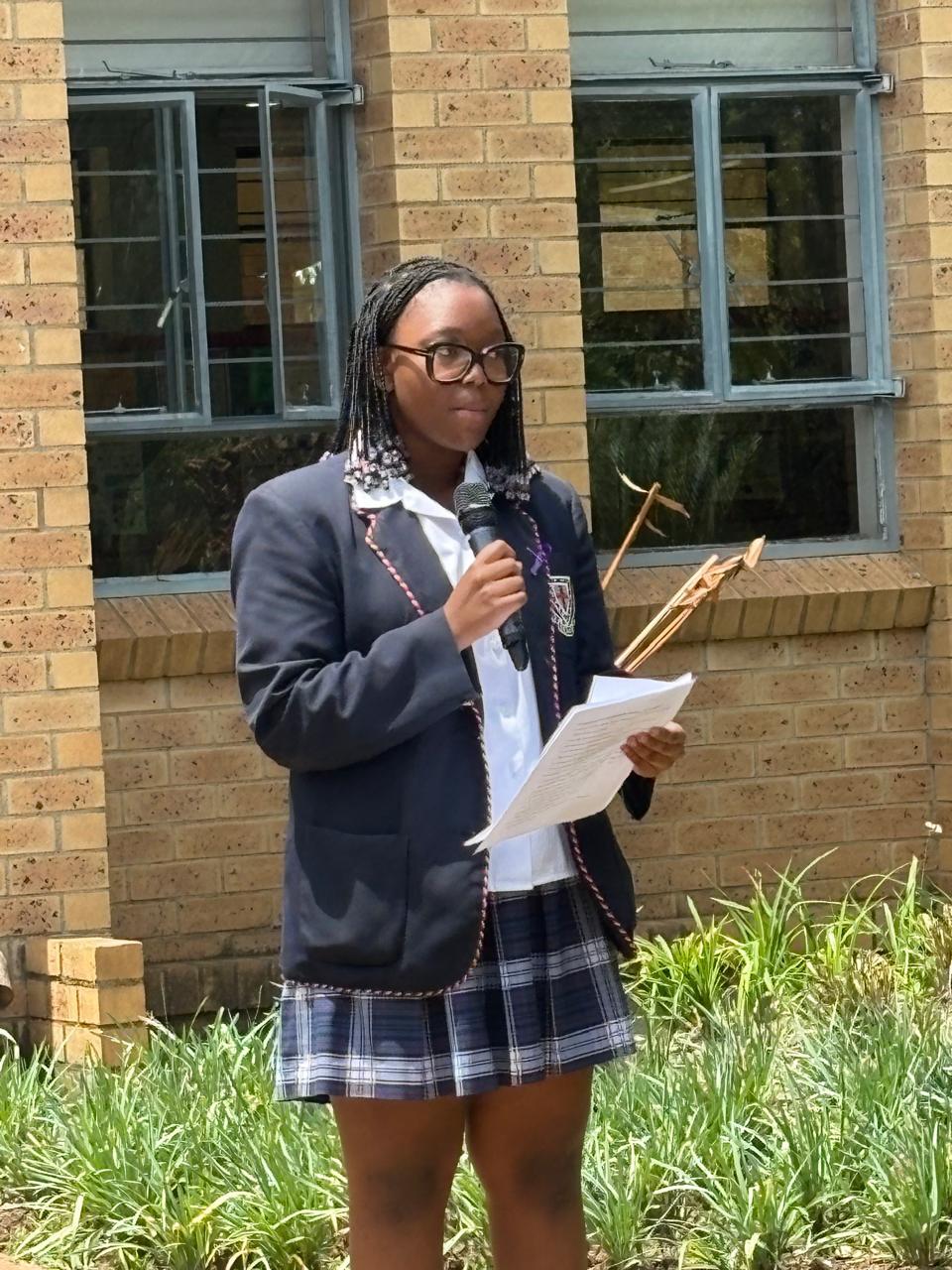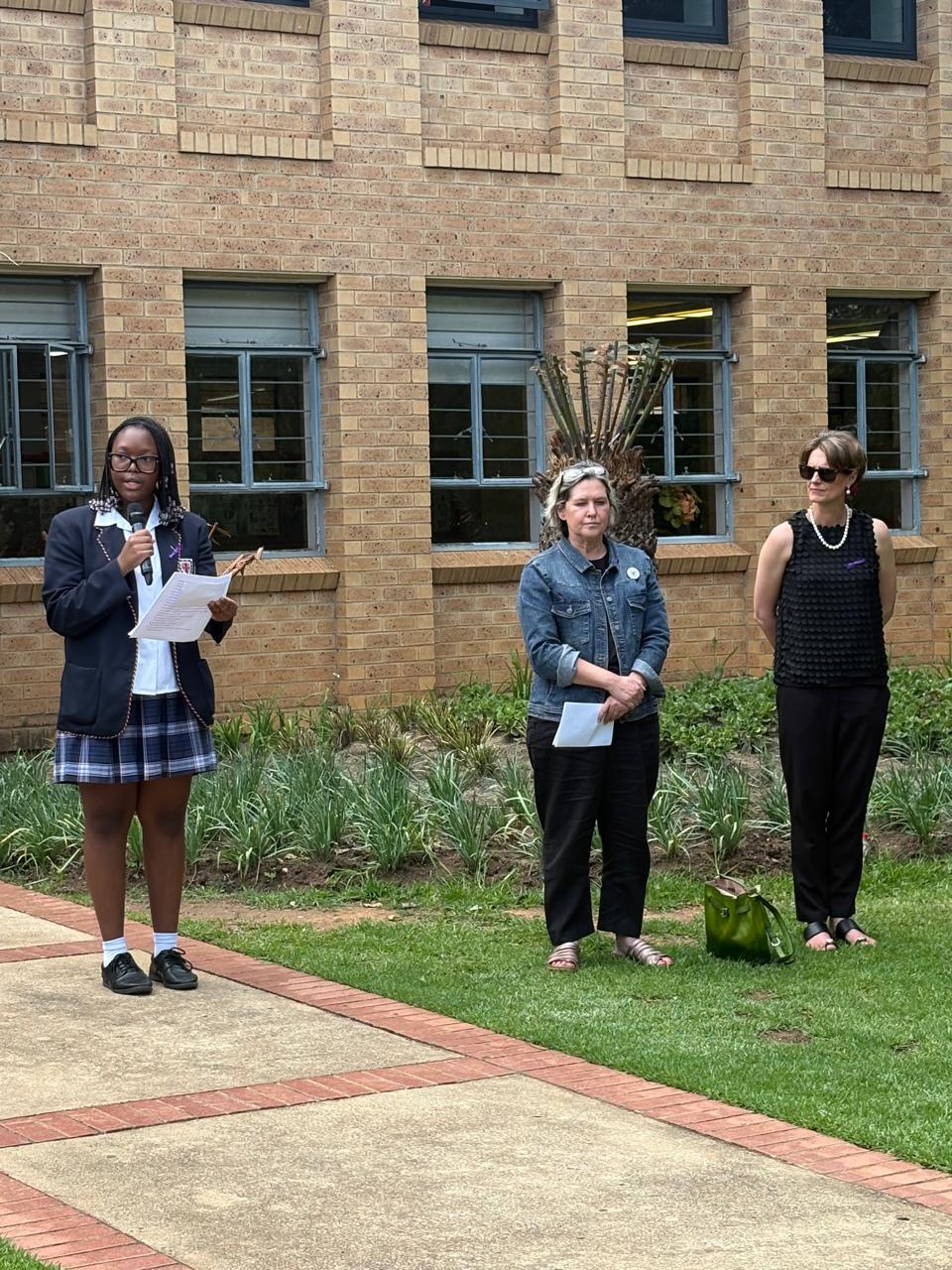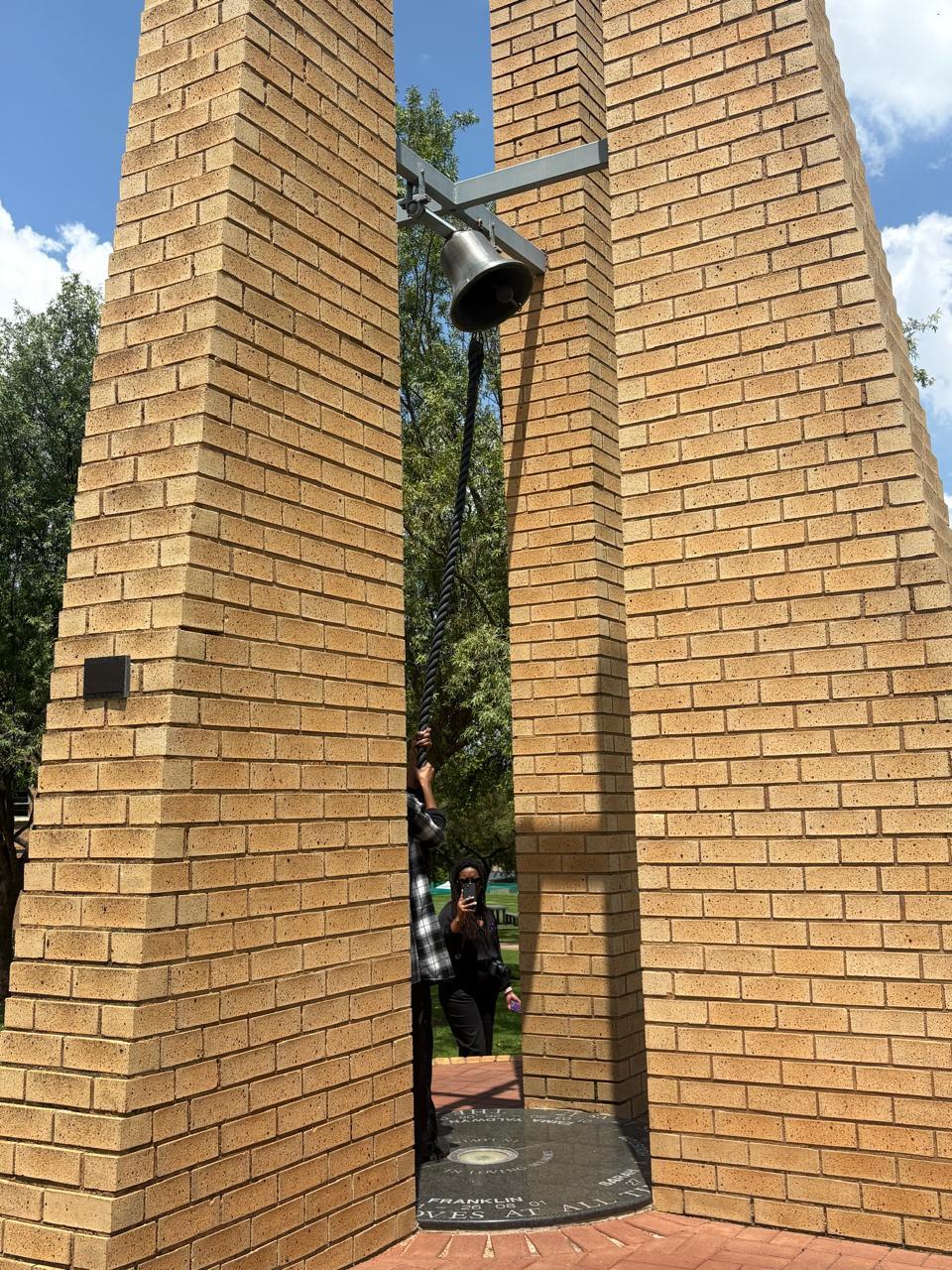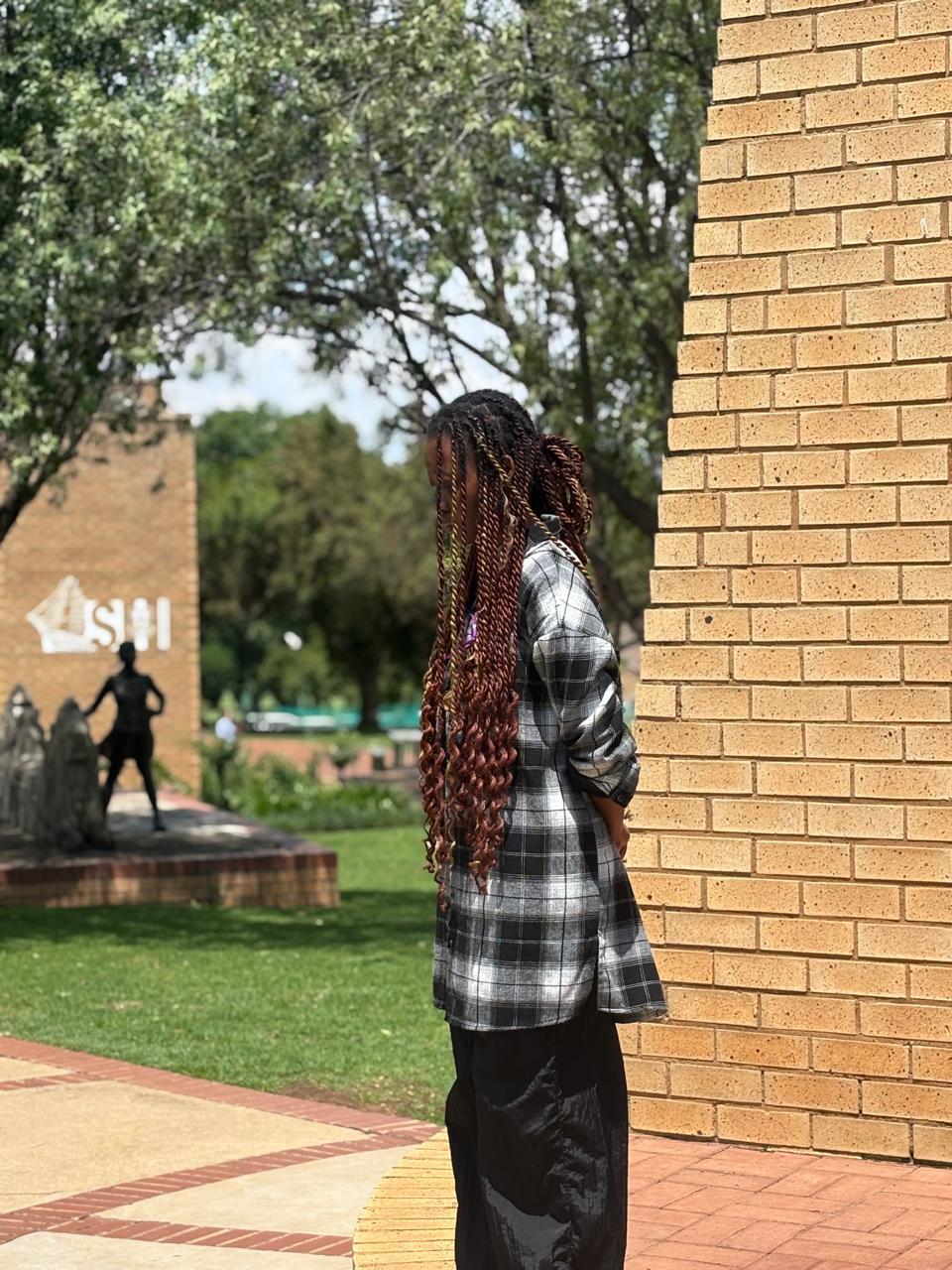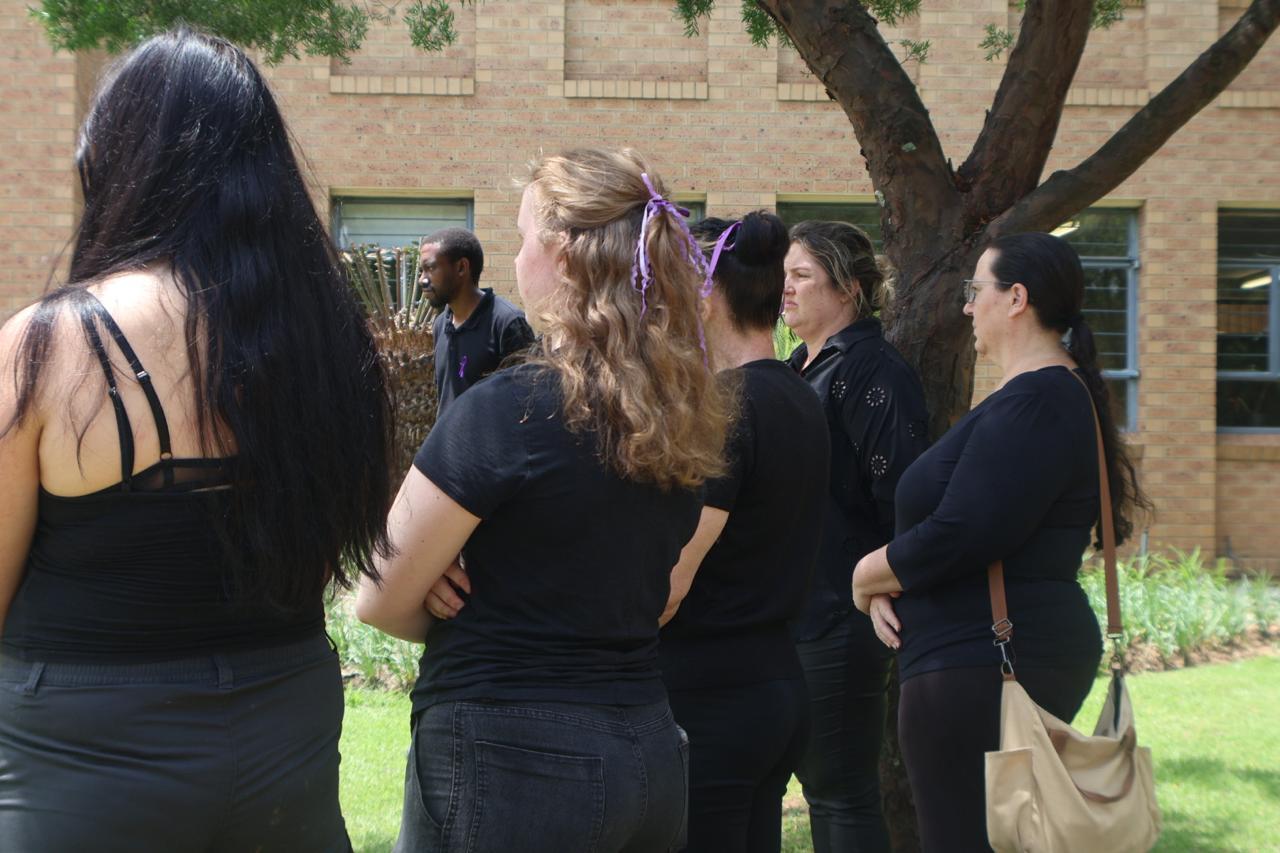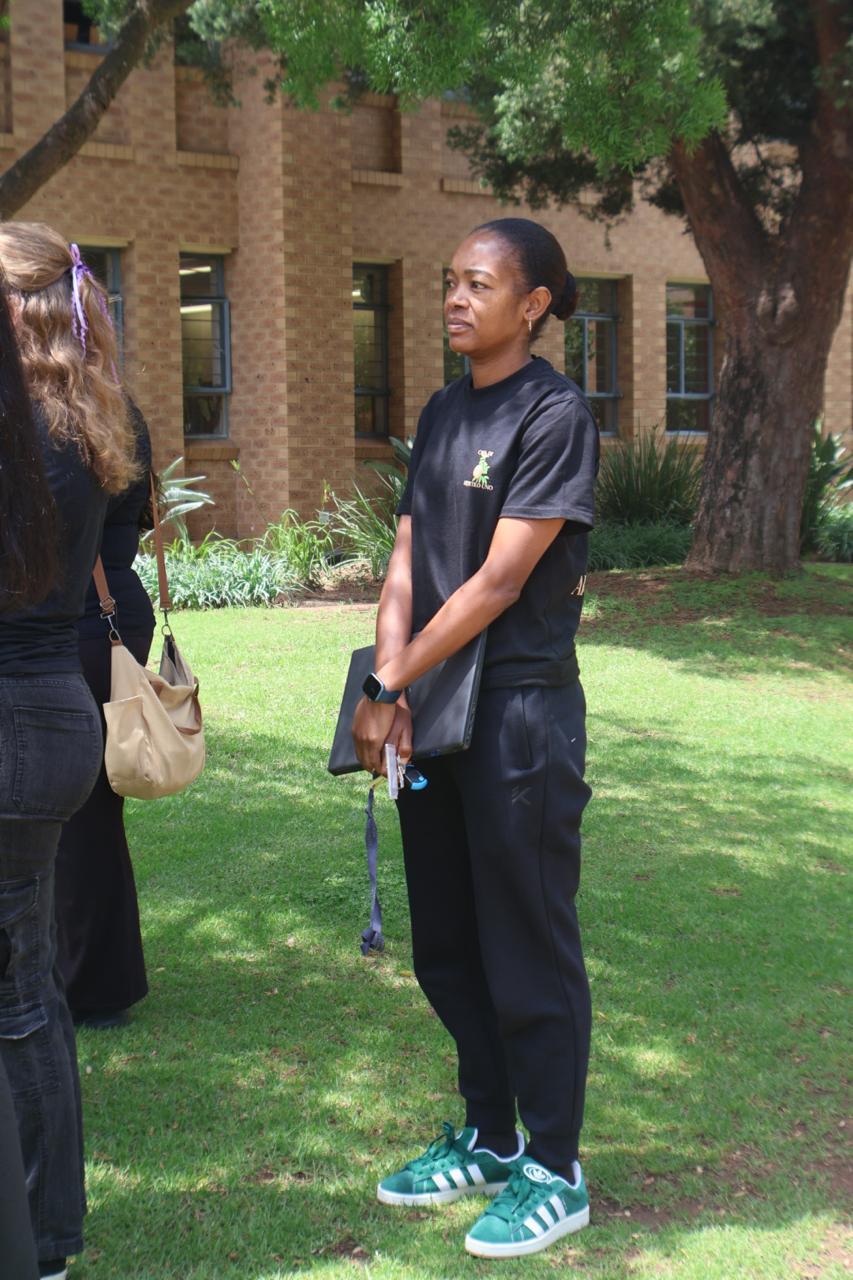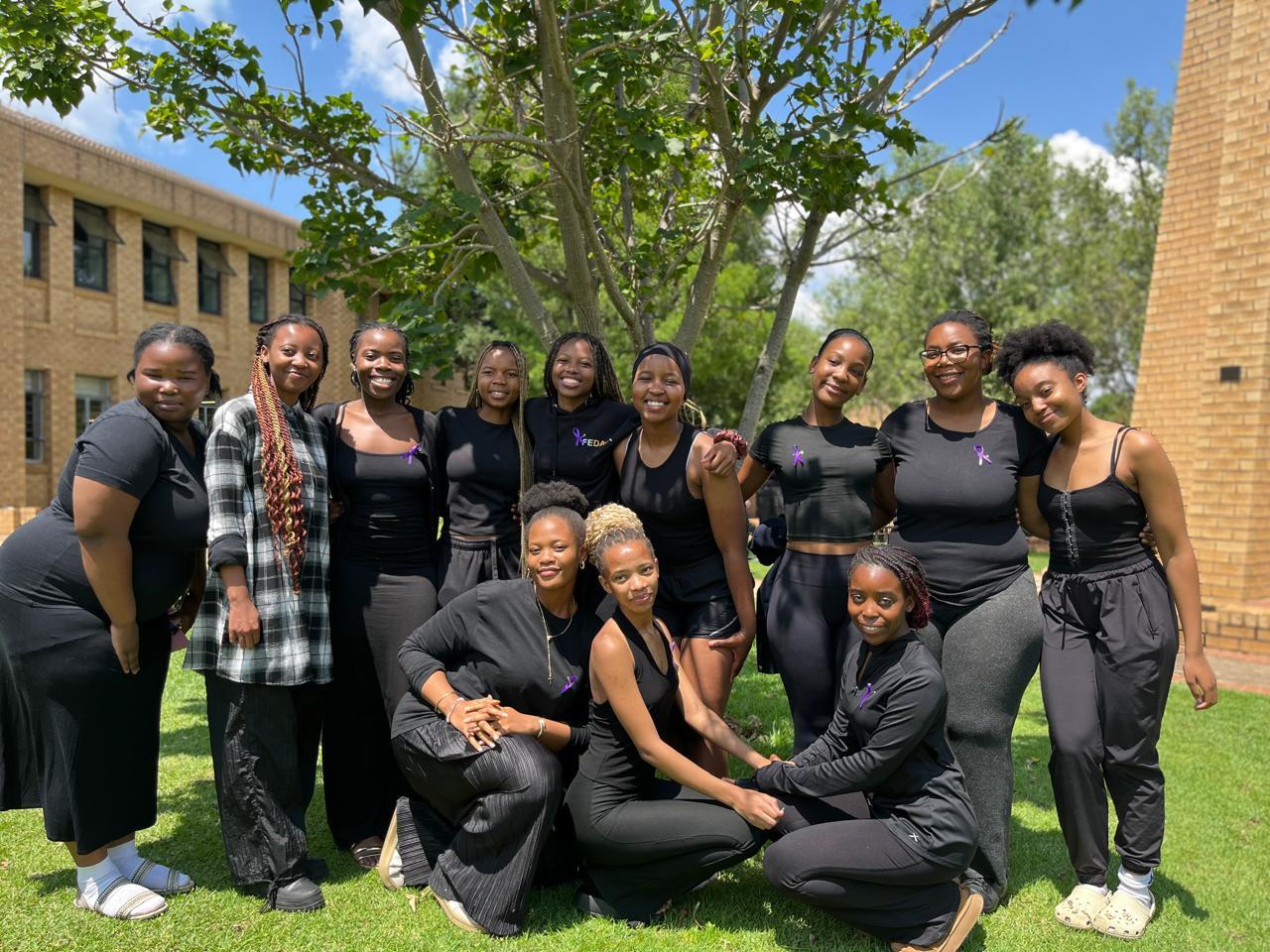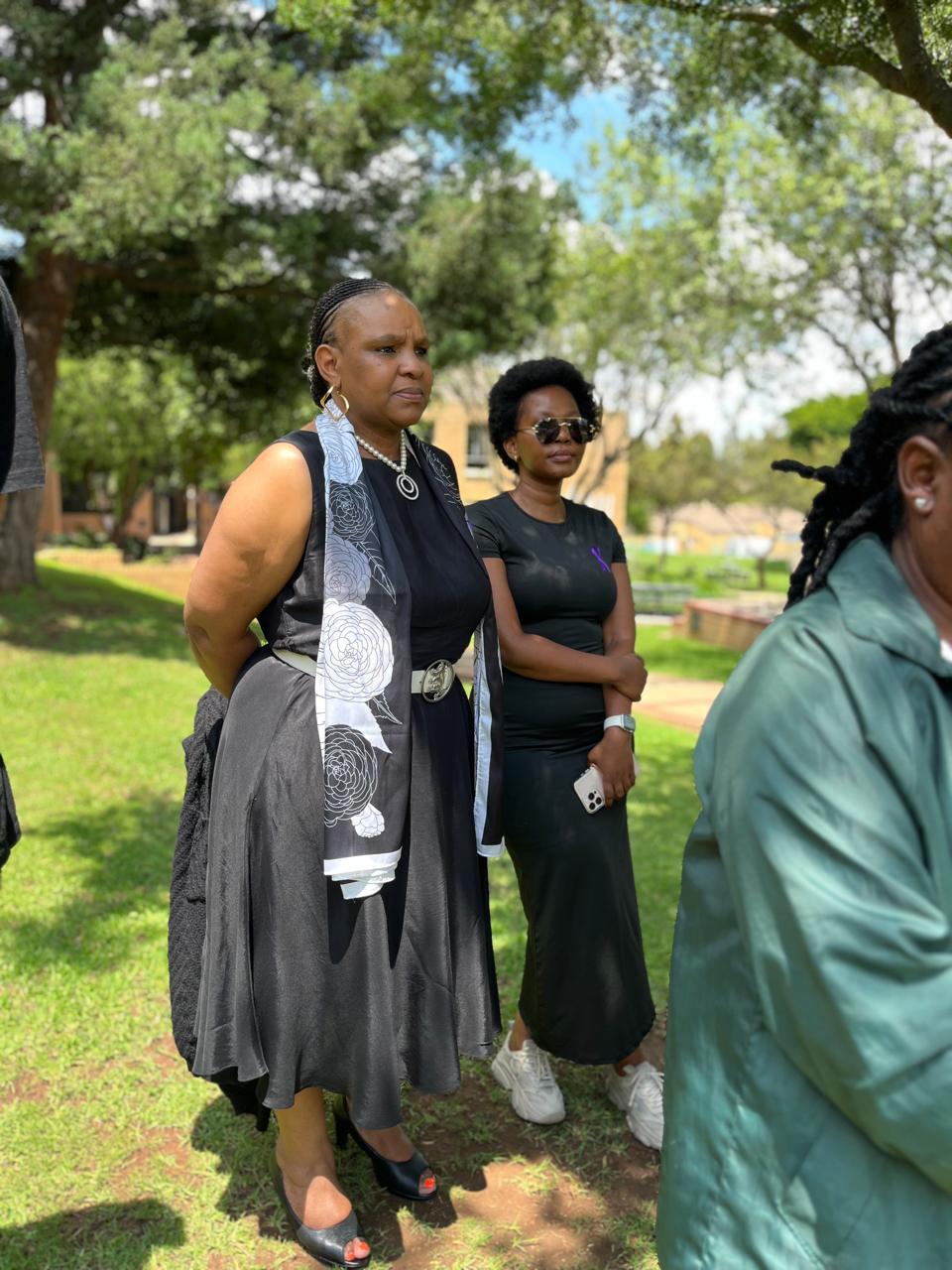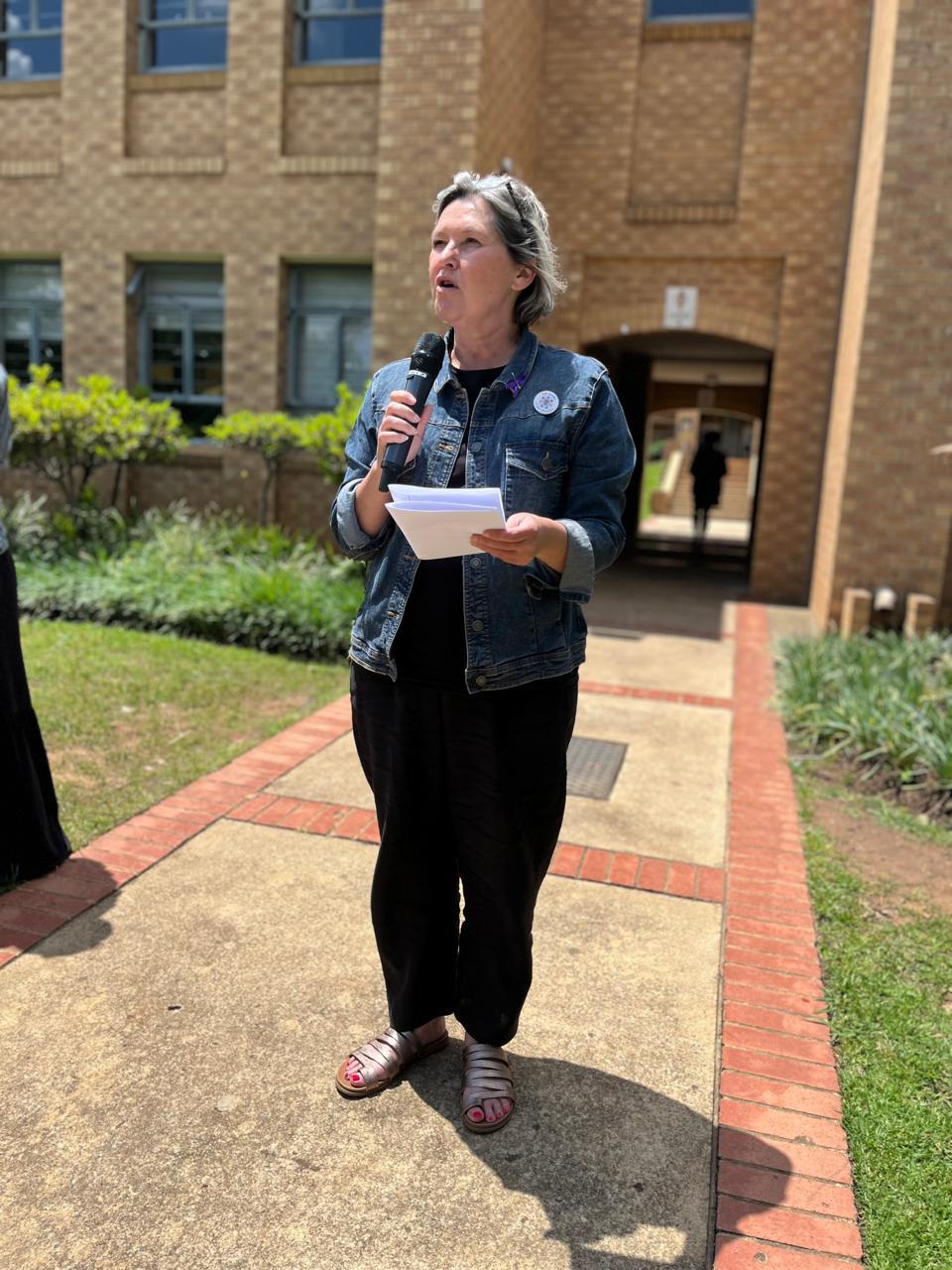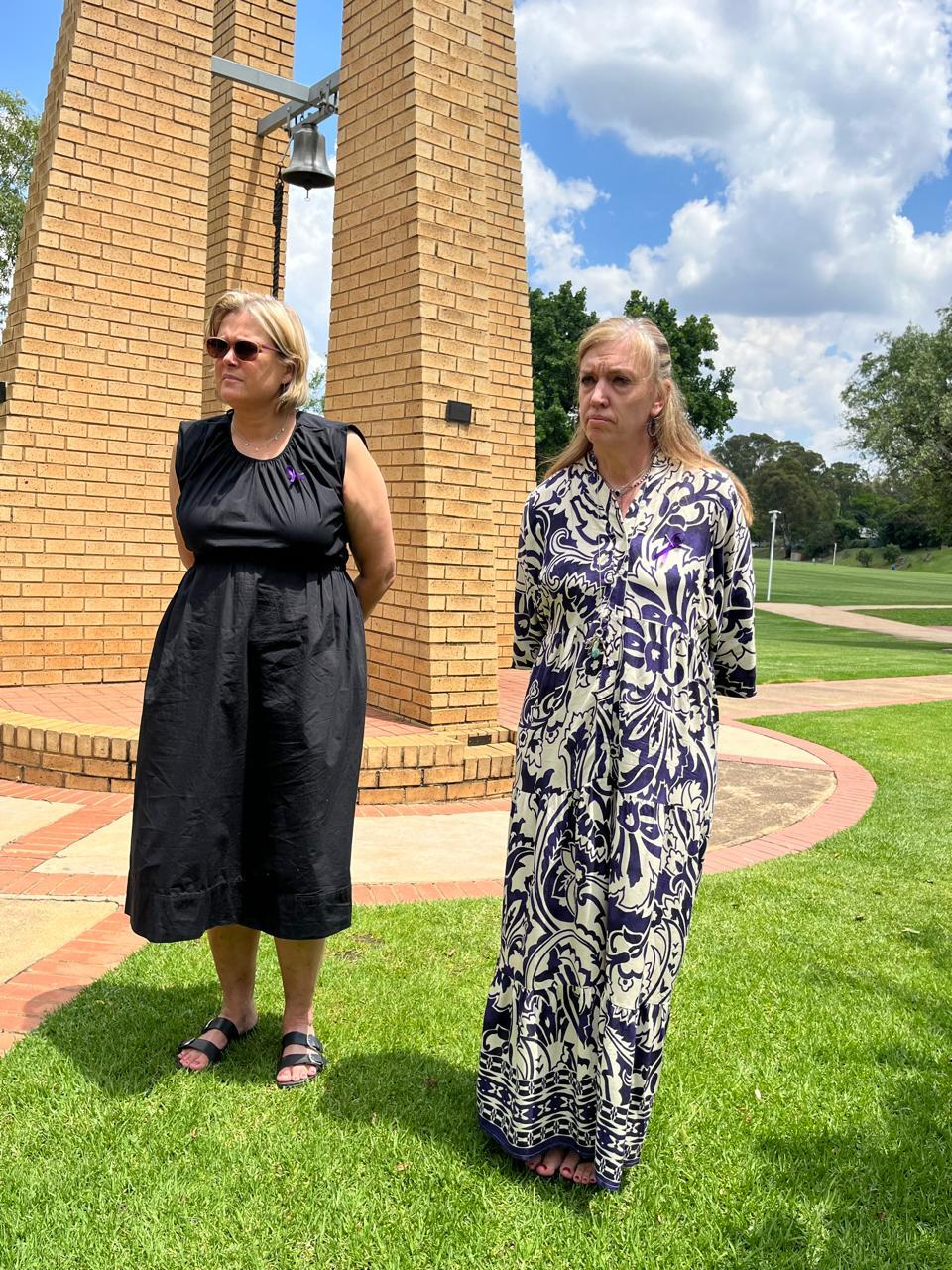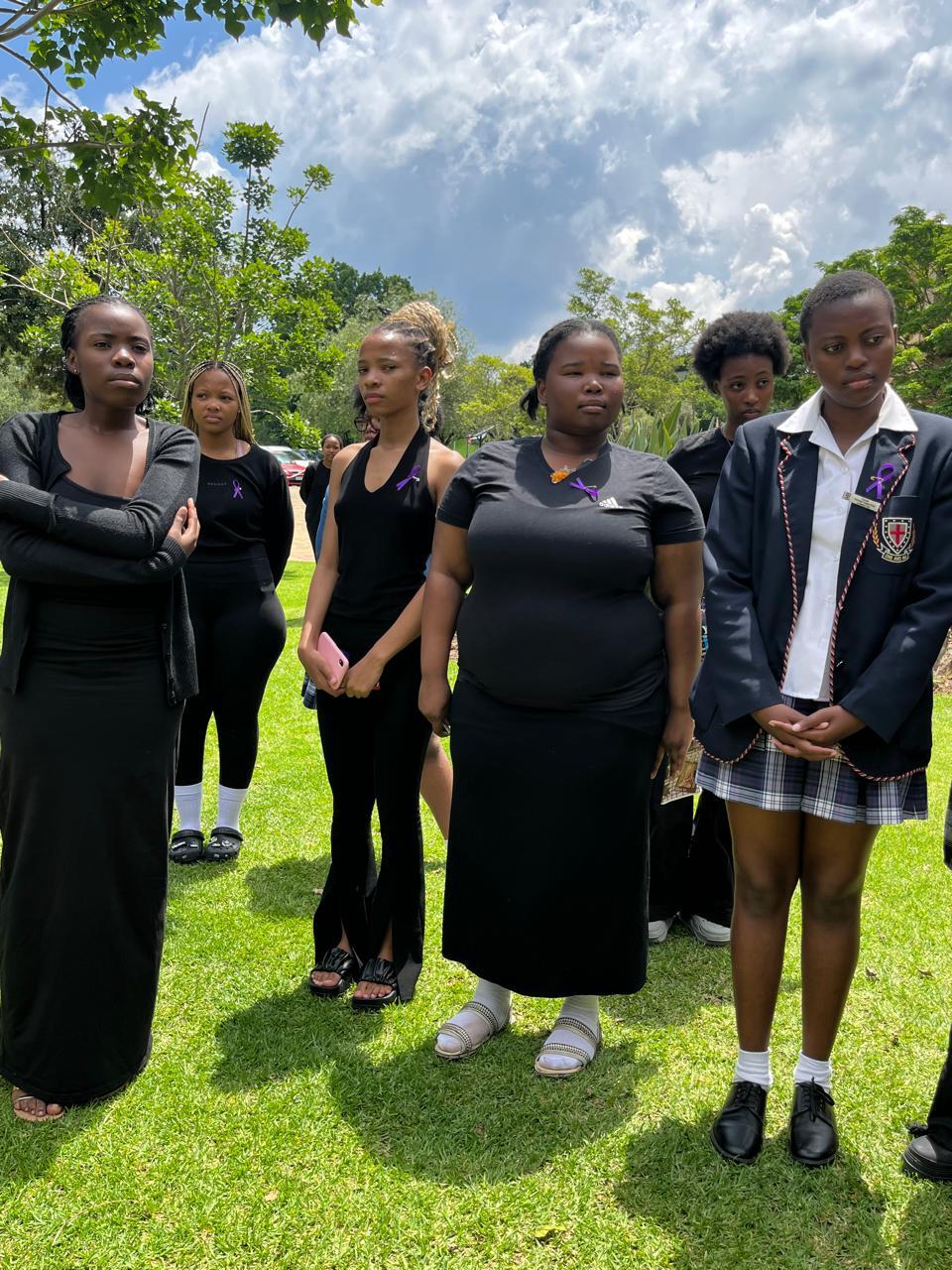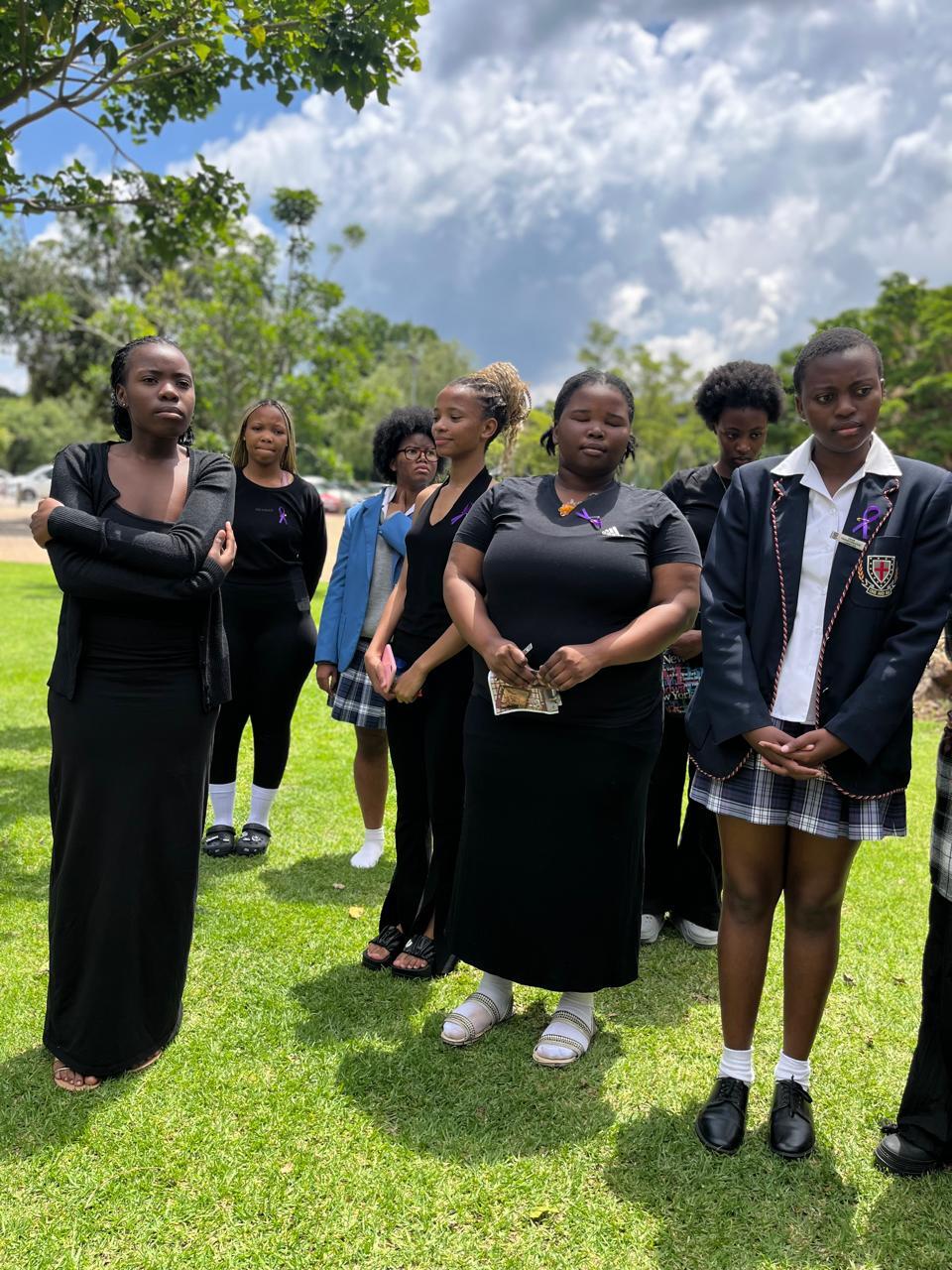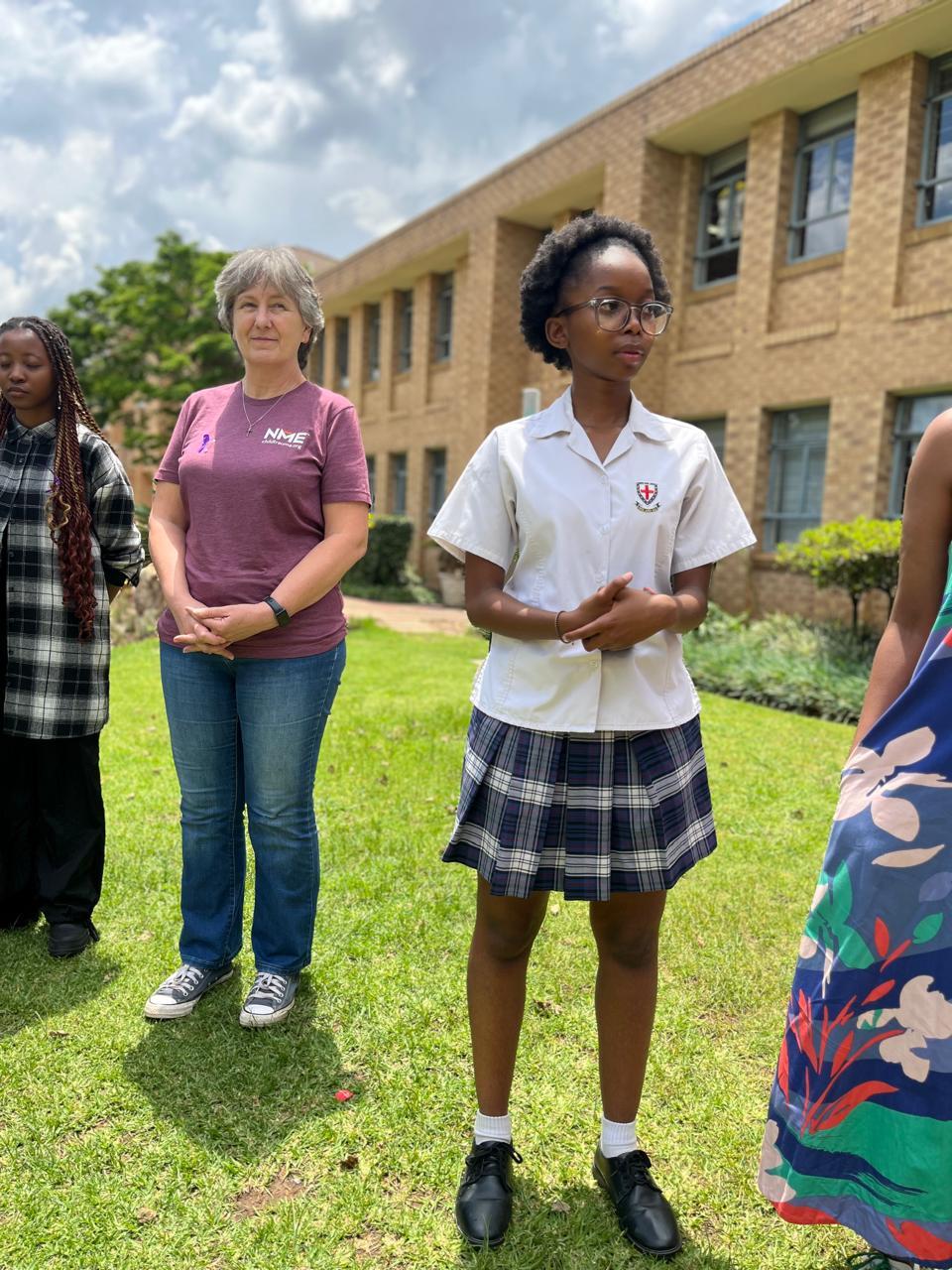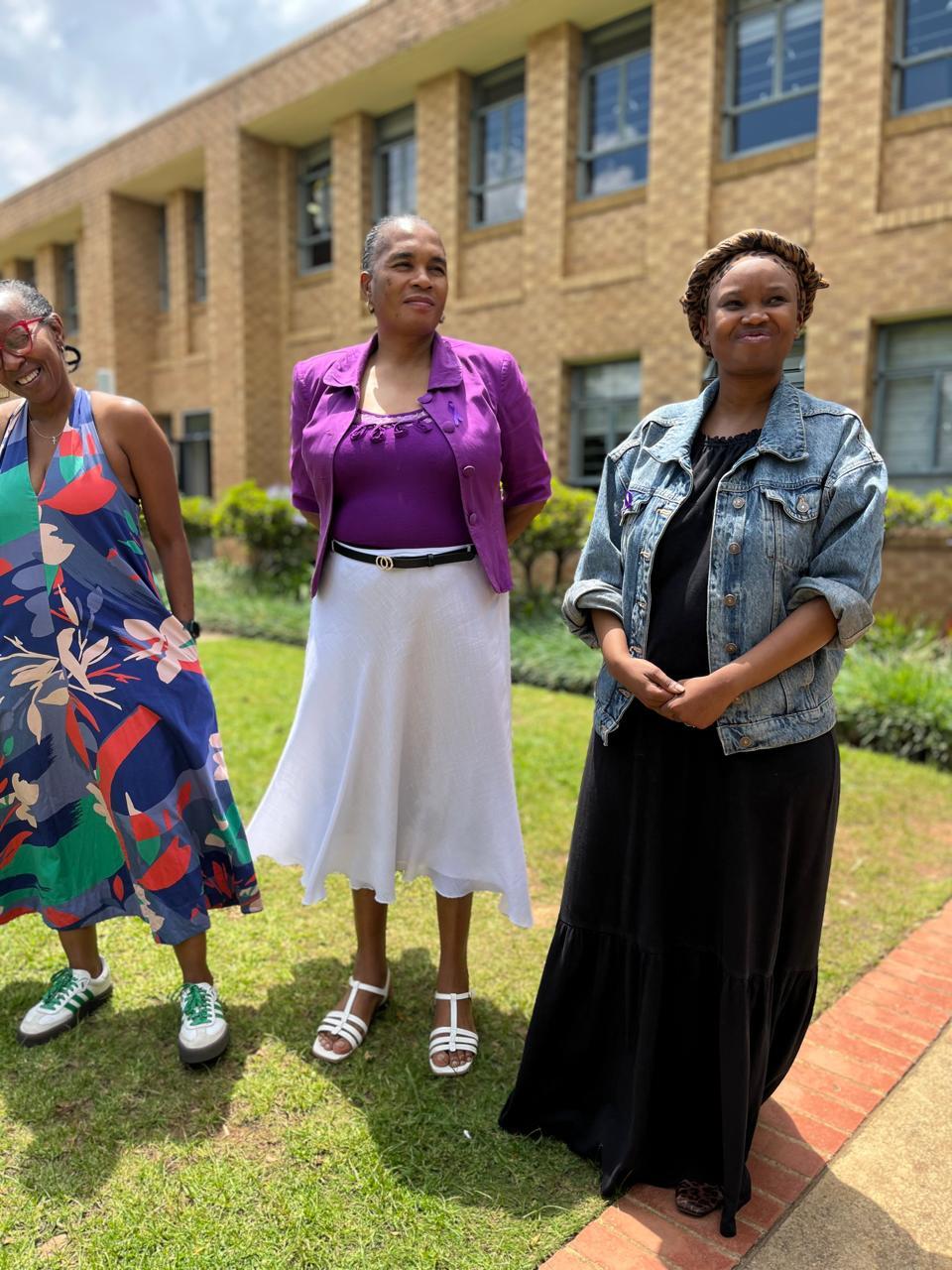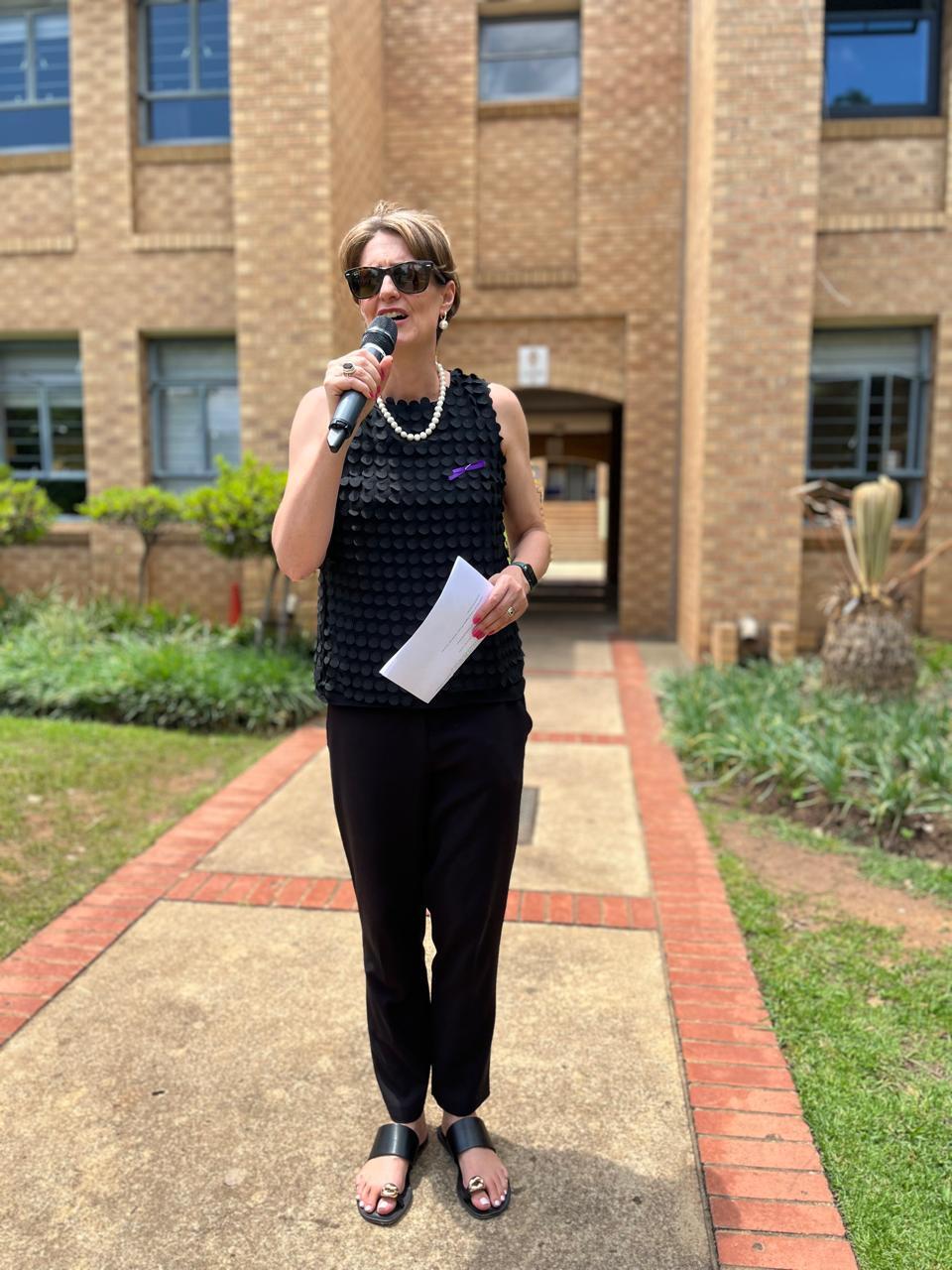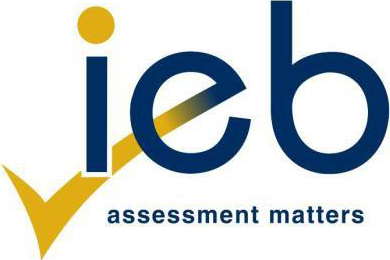Marking Awareness Is Not Enough: A Call Beyond Slacktivism
Every day in South Africa, at least 15 women are murdered, and 117 women report rape cases to the police (Women for Change). Women For Change acknowledges this brutal reality and works tirelessly across our country standing with families devastated by femicide. They speak out for sisters who have been brutally abused or raped, and they continue to document the relentless violence being waged against our women and children.
For years, Women for Change has called on women across the country to down tools, to wear black as a marker of mourning and resistance, and to turn social media profiles purple in solidarity. These acts form part of the national shutdown on 21 November, a moment that reminds us of the crisis unfolding around us.
At school, marking this awareness is not easy, particularly during exam time. Yet our student leaders and staff have chosen to do what was possible - they handed out purple ribbons as students walked into their exam venues this morning, and we marked a moment of silence at the Bell Tower to show respect for the thousands of lives lost and impacted by GBV. These were quiet gestures, gentle but intentional, reminding us that even amidst academic pressures, we cannot afford to ignore the reality of GBV across our city and country. And yet, I am acutely aware of the danger of slacktivism — the comfort of simply wearing a ribbon or changing one’s profile picture to purple and believing this to be enough.
In recent years, slacktivism has become increasingly seen as a legitimate form of activism. For many, especially young people, the digital age makes activism more accessible than ever before. A click of a button, a shared post, or the signing of an online petition often becomes the entry point into advocacy. These actions can indeed raise awareness and create visibility around urgent social issues.
But slacktivism is contentious. Critics argue that it fosters superficial engagement and very little follow-through. A 2023 Pew Research survey of over 5000 US adults revealed that 76% felt that activism on social media “makes people think they’re making a difference when they really aren’t.”
This is where the tension sits. On the one hand, everyone needs to start somewhere, and we should not diminish these first tentative steps into citizenship. As some commentators argue, “since these so-called slacktivists were never activists to begin with, they are not in dereliction of their activist duties.” In other words, awareness-building actions are still actions, and for many of our students, they are the only accessible point of engagement. But on the other hand, our society needs far more than this.
South Africa is facing a national emergency, and symbolic gestures important as they are, cannot replace policy, consequences, education, civic engagement, and a deep shift in cultural attitudes. Slacktivism can raise awareness, but it cannot dismantle systems of violence. Purple profiles alone cannot challenge the biases, power structures, or learned behaviours that normalise gender-based harm.
True change requires active responsibility from men and women. It requires the courage to challenge casual misogyny, to speak up when someone is demeaned, to teach consent and respect, and to raise a generation who recognise that social change is neither quick nor cosmetic.
Today’s purple ribbon is not the conclusion; it is the invitation. It marks awareness, yes.
But the real work, the necessary work, lies in what each of us chooses to do next.
In our classrooms, in our homes, in our friendship groups, and in the way we shape the culture of our country, change will not come from our armchairs or a ribbon pinned on our lapels. It will come from the sum of our daily actions, our willingness to challenge what is harmful, and our collective refusal to accept the status quo.
As we observe this national recognition day, may we honour its purpose not only by what we wear, but by what we become.
